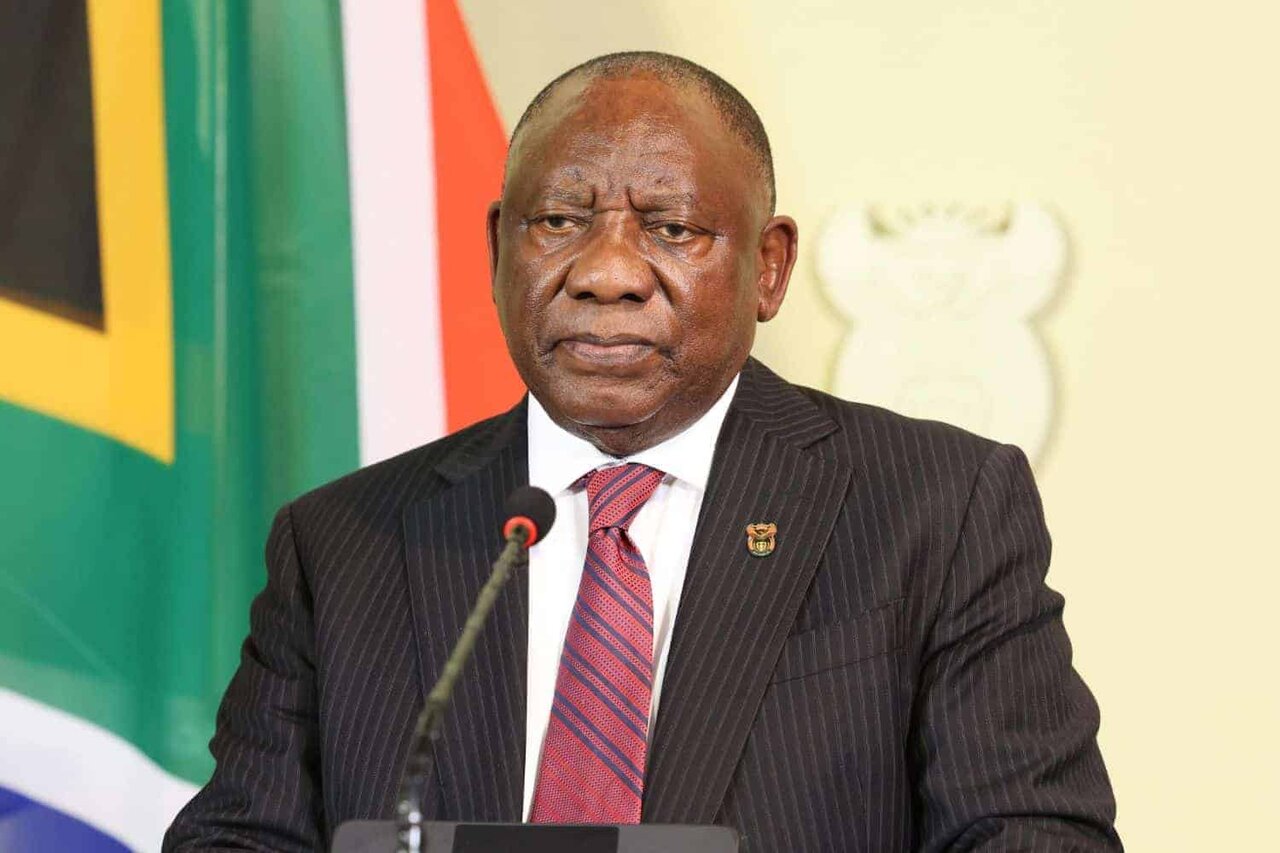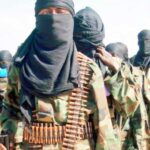A week after a fragile ceasefire brought a temporary halt to Israel’s devastating war on Gaza, tens of thousands of displaced Palestinians are returning to what remains of their homes piles of rubble and shattered memories. Yet, in South Africa, one of Palestine’s most outspoken allies, there are growing calls to ensure the ceasefire does not become a substitute for justice or long-term peace.
For South Africa, the fight for Palestinian freedom has become both a moral and historical mission. It was in 2023, just months into Israel’s bombardment of Gaza, that South Africa made global headlines by filing a case at the International Court of Justice (ICJ), accusing Israel of committing genocide against the Palestinian people. That bold move drew global attention and cemented South Africa’s leadership as one of the most uncompromising defenders of Palestinian rights on the world stage.
Now, with a peace deal brokered by U.S. President Donald Trump marking an end to over two years of intense conflict that killed at least 67,967 Palestinians, the South African government insists that accountability cannot be abandoned. Former foreign minister Naledi Pandor — under whose leadership the ICJ case was initiated — says that while the ceasefire is a welcome relief, it does not address the deeper roots of the Palestinian struggle.
“The ceasefire is a welcome step because, of course, we want to end the killing,” Pandor said. “But I’m concerned because the struggle of the people of Palestine is about much more than the war. It’s about self-determination, freedom, and justice. The ICJ case must continue because the perpetrators of war crimes must be held to account. That is what we owe those who lost their lives in Gaza and other parts of Palestine.”
President Cyril Ramaphosa has echoed this stance, telling South African lawmakers that the government will not abandon its legal pursuit of justice at The Hague. “The peace deal that has been struck, which we welcome, will have no bearing on the case that is before the International Court of Justice,” Ramaphosa said, emphasizing that true peace must include justice and accountability.
The ICJ case has been one of the most significant legal confrontations of modern times. South Africa’s team of legal experts — dubbed the “dream team” by supporters — includes renowned law professors, senior counsels, and international human rights advocates. Their argument before the court outlined what they described as “genocidal acts” by Israel, citing mass civilian deaths, starvation tactics, and destruction of civilian infrastructure.
In a series of landmark interim rulings, the ICJ found it “plausible” that Israel was violating the Genocide Convention, ordering it to prevent genocidal acts, allow humanitarian aid into Gaza, and halt attacks on Rafah. Although Israel ignored the orders, the rulings triggered international repercussions — including a partial arms export freeze from Belgium’s Wallonia region and the severing of ties between Japanese trading giant Itochu and Israeli defence contractor Elbit Systems.
Legal experts believe South Africa’s case has already reshaped global discourse on Israel’s conduct. However, the challenge now lies in proving genocidal intent — the highest legal threshold in international law. South Africa submitted a 500-page document of evidence in late 2024, with Israel’s counterarguments expected in early 2026. The oral hearings are anticipated to take place in 2027, with a final judgment likely by 2028.
Despite the ceasefire, South Africa’s determination remains unshaken. Analysts say Pretoria views the ICJ case as a moral imperative rooted in its own history of fighting apartheid. “In pursuing our own struggle against apartheid South Africa, we were assisted by many different nations and organisations, so we regard international solidarity as extremely important,” Pandor explained. “We take international law seriously, and we could not remain silent while genocide unfolded before our eyes.”
However, South Africa’s stance has drawn strong backlash from the United States, Israel’s closest ally. Relations between Washington and Pretoria have soured dramatically, with the U.S. imposing steep 30% tariffs on South African goods, citing the ICJ case as one of the reasons. The move threatens thousands of jobs in South Africa’s manufacturing and export sectors, which had previously enjoyed tariff-free access to U.S. markets under the African Growth and Opportunity Act (AGOA).
Despite these pressures, Pretoria insists it will not back down. President Ramaphosa and other South African leaders argue that silence in the face of injustice would betray the country’s post-apartheid values. The memory of Nelson Mandela’s solidarity with Palestinian leader Yasser Arafat looms large. Mandela’s famous 1997 declaration — “Our freedom is incomplete without the freedom of the Palestinians” — continues to shape South Africa’s foreign policy today.
For many South Africans, the parallels between apartheid and Israel’s treatment of Palestinians are unmistakable. The images of bombed-out neighbourhoods, displaced families, and starving children have stirred painful memories of their own history. Demonstrations in Cape Town, Johannesburg, and Durban over the past year have drawn tens of thousands, waving Palestinian flags and chanting for justice.
Nearly two years after taking Israel to the ICJ, South Africa believes that its legal and moral stance has borne fruit the guns have fallen silent, even if temporarily. But leaders like Pandor say that true peace will only come when Palestinians achieve what they have long been denied: sovereignty, dignity, and the right to determine their own future.
“The world has lost its moral compass,” Pandor said. “But I’m proud that South Africa had the courage to stand up to take a stand in the name of international law and human rights. The Palestinian people deserve justice, not just a ceasefire. And history will remember those who stood on the right side.”













Leave a comment